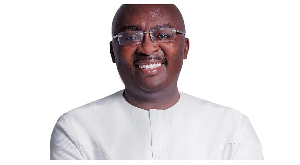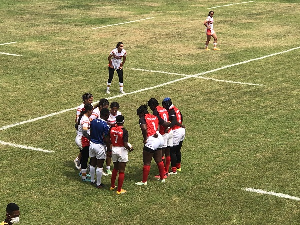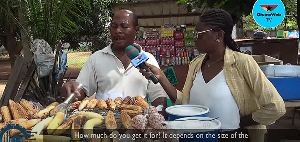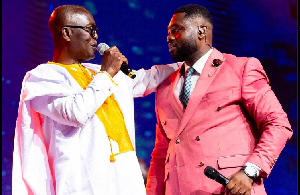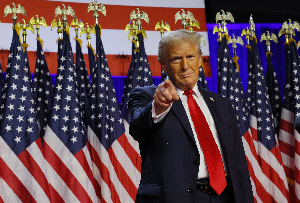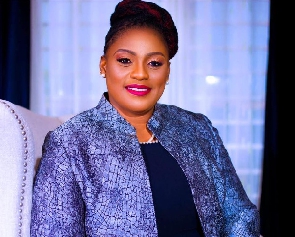An investigative journalist only has to resort to undercover filming after undergoing months and months of intense research on a chosen field, having exhausted all means of retrieving information that point to some corruption or wrongdoing in that particular field, International journalist Esther Armah has said.
Her comments come on the back of intense legal debates about the ethics of investigative journalist Anas Aremeyaw Anas following his massive expose that revealed among other things, the rot in the Ghana Football Association and Ghanaian Football on the whole. The video captured a number of GFA and NSA officials headed by resigned GFA President, Kwesi Nyantakyi, engaging in various corrupt deals to influence matches.
While many have argued that his method of retrieving information is deceitful, pretentious and rather unethical, many others have argued that he wouldn’t have gotten the absolute truth if he hadn’t adopted the ‘secret filming’ method to investigate.
Speaking at a forum held by the Africa Centre for International Law and Accountability (ACILA) Tuesday, Miss Armah argued that though under cover filming is an important element of investigative journalism when all other means of retrieving the ‘truth’ seem to fail, it is pertinent that any journalist first does rigorous background checks and research to establish the fact that there is indeed some form of corruption in an identified outfit or community before secret filming is adopted.
“Undercover filming is the last resort, it’s not every investigative journalism that you do that requires undercover filming…When you are doing undercover filming, it is always, when it is done ethically, the result of months and months and in this case more than a year’s worth of foundational journalistic research. Investigative journalists at is very best, the foundation is the highest quality of research and so you can never ethically pick up a camera, go into a community and do what investigative journalists call the active lie to uncover the truth without having sufficient information that identifies that somebody in that community is guilty of some kind of corruption that you can only uncover with the filming” she noted.
She however maintained that ‘fishing out; the truth in Ghana particularly is difficult especially when politicians who should be investigated have a hold on a lot of powerful institutions in the country.
“Journalism and its foundation is about telling the truth. Its first loyalty is to citizens. It must maintain an independence from those whom they are covering. That alone creates a challenge for our particular landscape because in Ghana we have to cover this world that is called politics as journalists and yet so many of the private media houses are owned by politicians”.
Miss Armah also stressed the significance of drawing a distinct line between issues of law and investigative journalism to avoid growing confusion in the minds of citizens every time an investigative piece emerges.
“We have been confusing issues of law and the practice of law with investigative journalism and the practice of investigative journalism”
“We have had lawyers articulate impactful powerful arguments. If they were in the courts of law but those points don’t necessarily apply to the world of investigative journalism and if we do not understand the difference between the two, we do not offer clarity to our citizens instead we contribute to the confusion”.
“When we explore and discuss Anas, we must do so within a specific context because content without context creates confusion when what we need is clarity”, she further added.
General News of Tuesday, 12 June 2018
Source: www.ghanaweb.com







